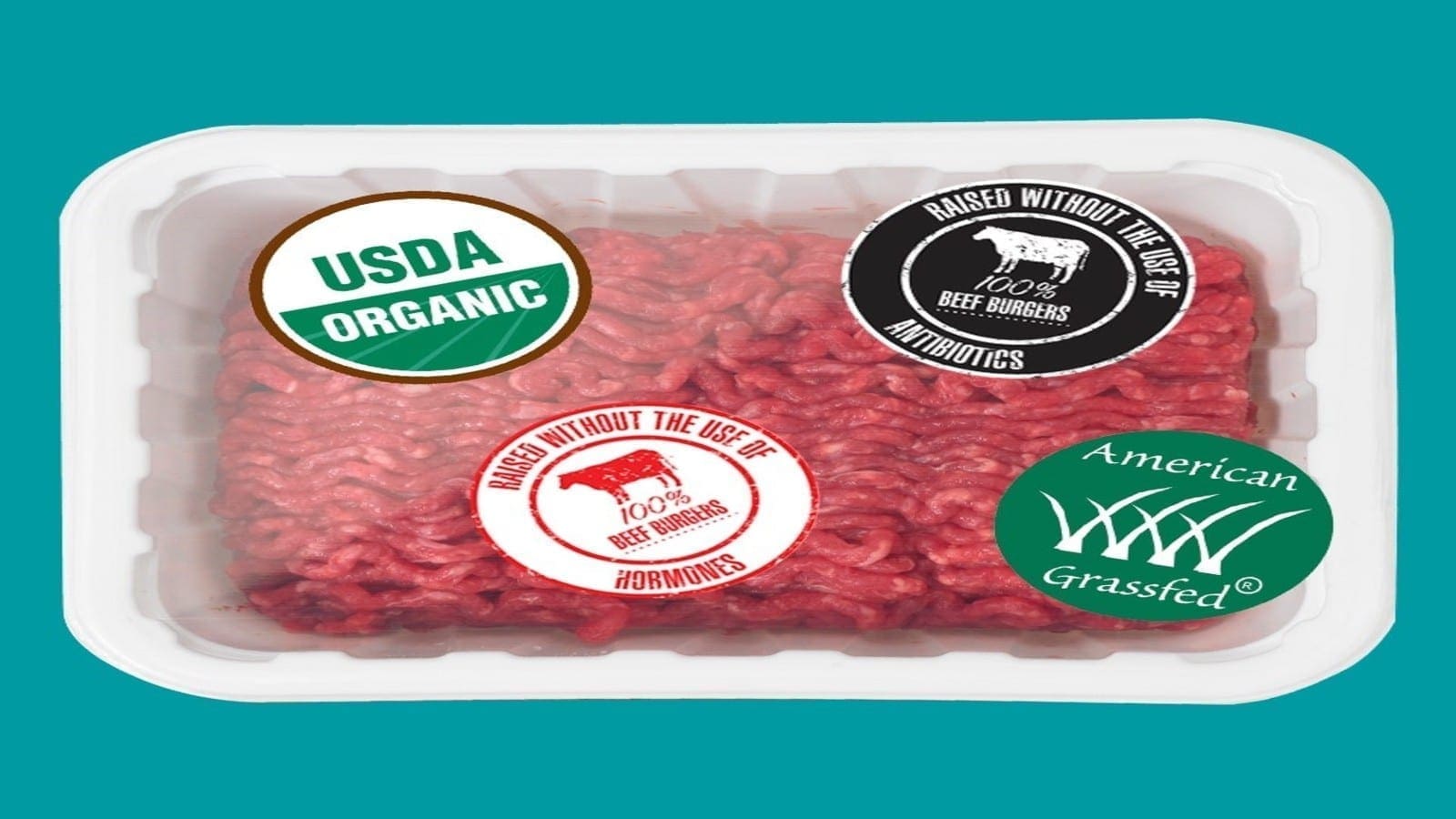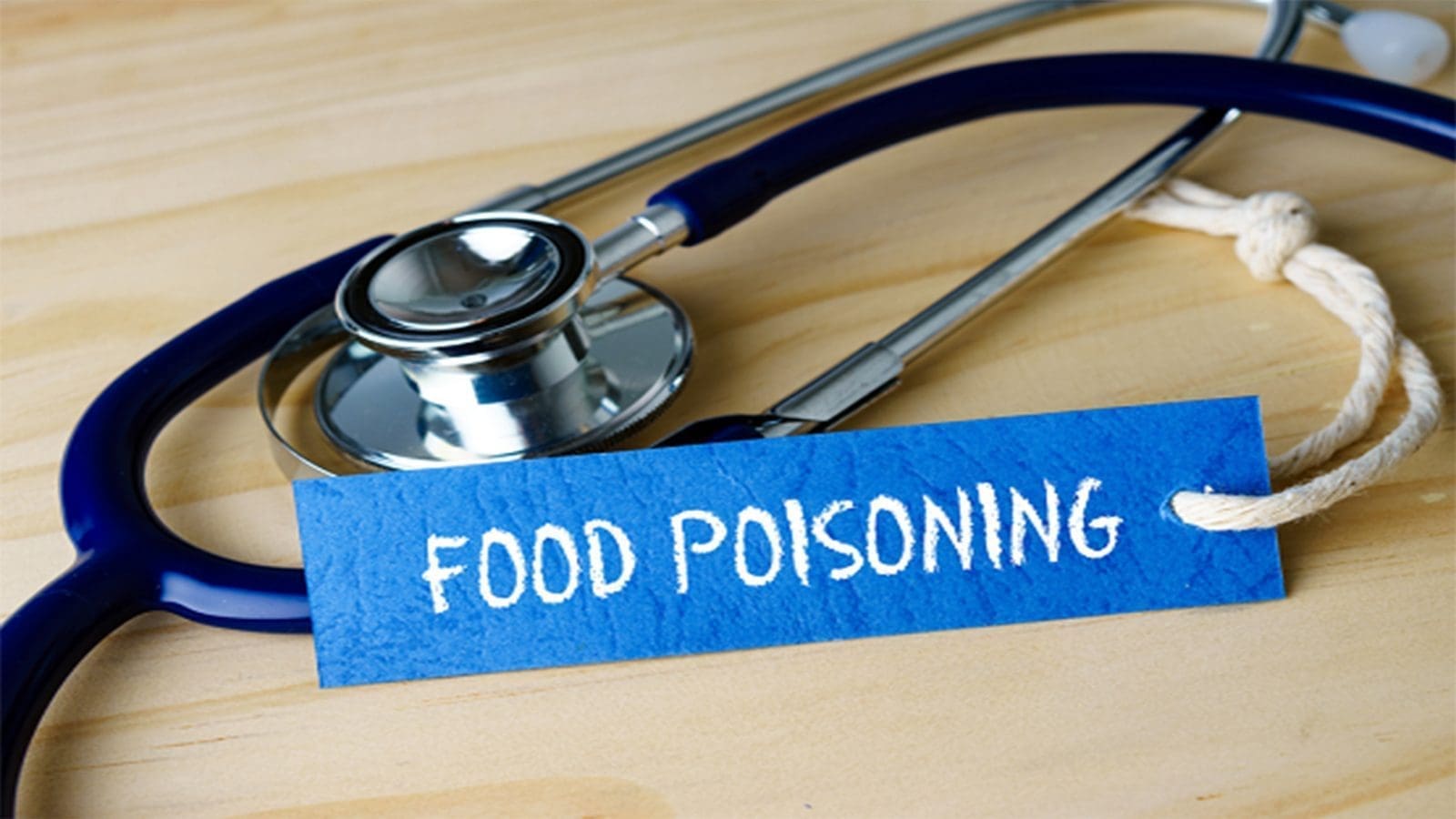USA -The National Cattlemen’s Beef Association (NCBA) has petitioned USDA’s Food Safety and Inspection Service (FSIS) for a new labeling scheme for beef products.
The NCBA is the oldest and largest national trade association representing U.S. cattle producers, with more than 25,000 direct members and more than 250,000 producers represented through its 46 state affiliate associations.
This is the second petition received by FSIS this year and it has been assigned to the FSIS Office of Policy and Program Development awaiting judgement.
FSIS labeling standards are broadly permissive, allowing imported beef to be labeled as a “Product of the USA” if it is minimally processed or repackaged in the United States.
According to the group, the request is not for USDA (United States Department of Agriculture) to reinstate any form of Mandatory Country of Origin Labeling (MCOOL).
The Denver-based NCBA seeks to eliminate labels that make broad claims about the origin of beef products and the so-called “Product of the USA” (POTUSA) because they are likely to mislead consumers.
The petition advocates a new section for labeling regulations as follows:
“Single-ingredient beef product or ground beef may be labeled as ‘Processed in the USA,’ provided that such label displays all mandatory features in a prominent manner in compliance with Part 317 and is not otherwise false or misleading in any particular manner,
“All other claims relating to U.S. origin, production, or product processing are not eligible for generic approval, and FSIS acceptance of all such claims must be supported by adequate documentation. The requirements in this paragraph do not apply to products authorized for export by FSIS.”
What NCBA advocates for
In the petition, the trade association pleas for the declaration of a federal rule to update existing labeling standards in a way that will more precisely inform consumers.
The recommended change continues to authorize, without the need for any documentation or the agency’s prior review, the voluntary use of the claim “Processed in the USA” on any federally inspected product.
Explicit voluntary claims such as “Raised and Harvested in the USA,” will continue to require appropriate re-examination, attestation and oversight within the FSIS label approval system.
Interested parties will also remain free to explore the development of related Process Verified Programs (PVPs) through AMS or alternative third-party certification mechanisms.
NCBA requests that the USDA update current labeling practices to balance regulated stakeholder burden and necessary consumer disclosure more effectively.
By limiting generic labels to “Processed in the U.S.,” retailers and processors can label their products accurately without the added burden of tracking the product’s origin.
Such a change will not only increase the accuracy of labels, but also grow the value of voluntary origin labeling programs.
It also highlighted the need to compensate producers who opt to trace their cattle throughout the supply chain.
Modifying label regulations will better inform American consumers and open new marketing opportunities for producers, NCBA claims.
Imported beef labelling requirements in Malaysia
In Malaysia the labelling requisites for chilled and frozen beef importation from the US into the country have changed.
According to the “Requirements for the Importation of Beef from the United States to Malaysia” the inner and outer packaging of the product must be labeled with the logo of the registered and Malaysian-approved Islamic Organization in the United States.
Furthermore, the name, address, establishment number of the abattoir, batch number, and date of slaughter must also be indicated on both the outer packaging and inner labeling.








